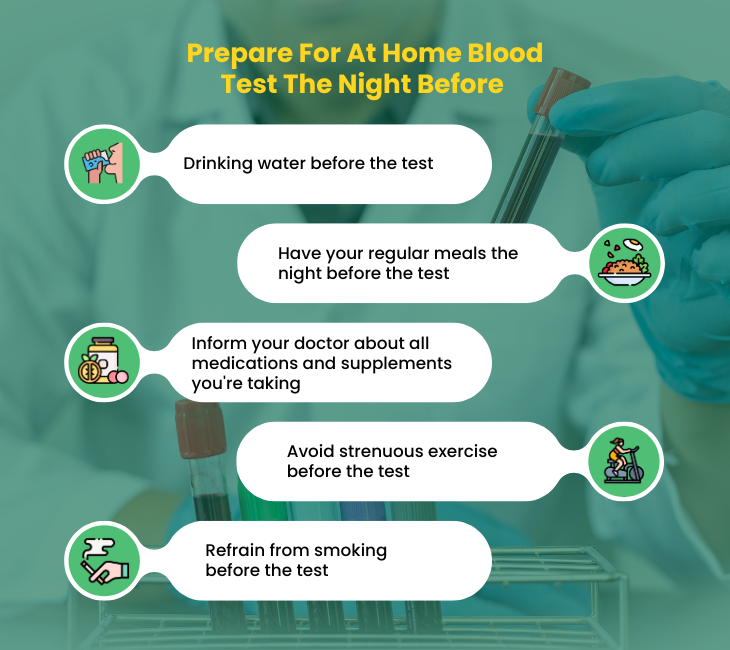

Contact Us Now
Upload Prescription
Not sure which tests to take? Share your prescription with us and our team will call you to book tests for you.

Maintaining optimal health is a lifelong journey, and for men, safeguarding prostate health is a crucial aspect of this endeavour. The prostate, a small gland situated beneath the bladder, plays a pivotal role in reproductive health, producing seminal fluid that nourishes and transports sperm. As men age, the prostate can undergo changes, making it imperative to monitor its health and functionality.
Prostate health is intrinsically linked to overall well-being, impacting urinary function and, in some cases, fertility. Among the various tools available for assessing and ensuring prostate health, the Prostate-Specific Antigen (PSA) test is considered important. This blood test measures the levels of a protein produced by the prostate, offering insights into its condition. As men age, the risk of prostate-related issues, including cancer, increases.
The journey towards managing prostate health involves understanding what is a PSA test, awareness of potential risks, and informed decision-making regarding preventive measures and diagnostic tests.
PSA is a protein produced by the prostate gland. The test measures the level of this protein in the blood, providing insights into prostate health.
While elevated PSA levels can be an indicator of potential issues, it is important to note that a high PSA level does not automatically mean cancer. Other factors can contribute to elevated PSA levels, such as inflammation or an enlarged prostate.
Determining when to undergo a PSA test is a critical aspect of men’s health. Generally, the American Cancer Society recommends that men discuss the potential benefits and risks of PSA testing with their healthcare provider starting at age 50. However, for those at higher risk, such as those with a family history of prostate cancer, discussions should commence at age 45.
Early conversations with healthcare professionals allow for personalized risk assessments and informed decisions.
Considering risk factors and symptoms is vital. The decision to undergo a PSA test should be based on careful consideration of various risk factors and symptoms. Here are some key risk factors to consider:

Men should be aware of potential signs such as difficulty urinating, blood in urine or semen, and persistent pain in the back, hips, or pelvis. While these symptoms may not necessarily indicate cancer, they warrant further investigation, and a PSA test can be a crucial component in the diagnostic process.
Ensuring accurate and reliable results from a PSA (prostate-specific antigen) test requires careful preparation and adherence to specific guidelines. Proper preparation before a PSA test is crucial to obtaining an accurate assessment of prostate health. In this context, understanding what to avoid before a PSA test is equally important.
In conclusion, prioritizing prostate health is a proactive step every man should take. Understanding the PSA test, its timing, and the associated preparation can contribute to informed decisions and early detection of potential issues. Regular discussions with healthcare providers, especially as risk factors evolve with age, ethnicity, and family history, help men take charge of their well-being and navigate the path to a healthier future.
Copyright © Simira Healthcare Private Limited 2024. All Rights Reserved
Leave a Reply